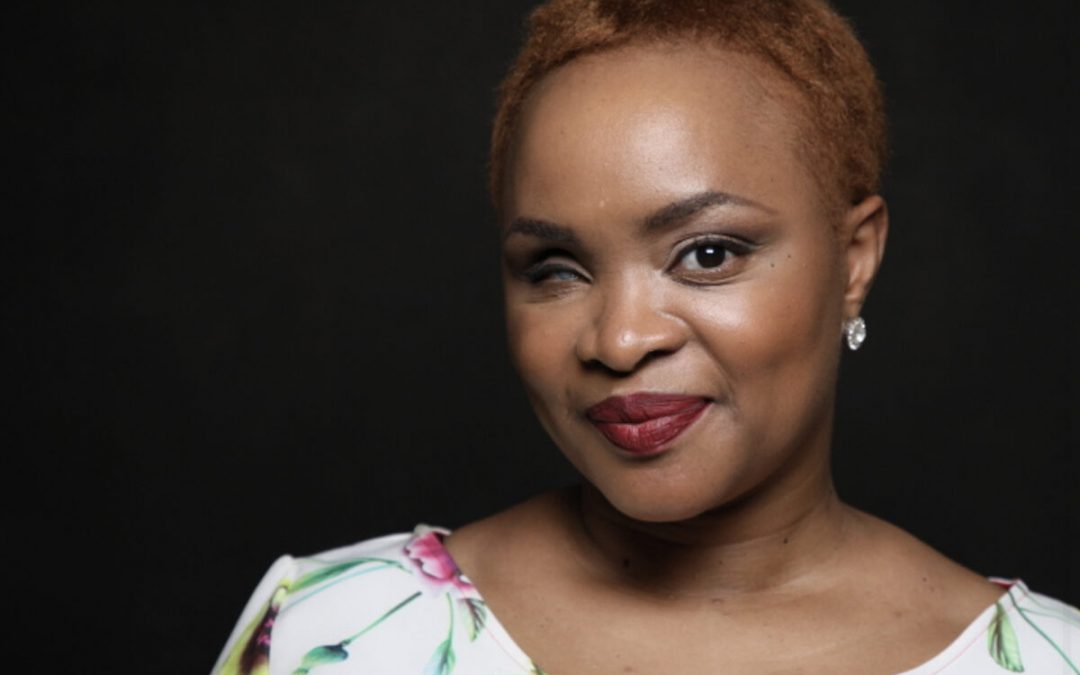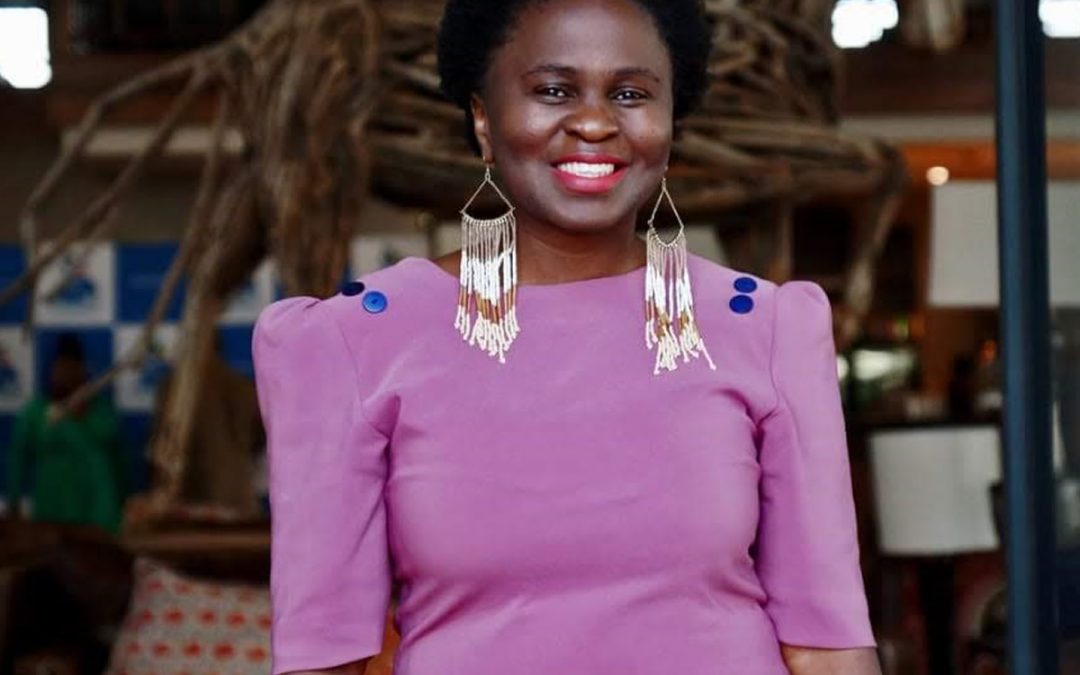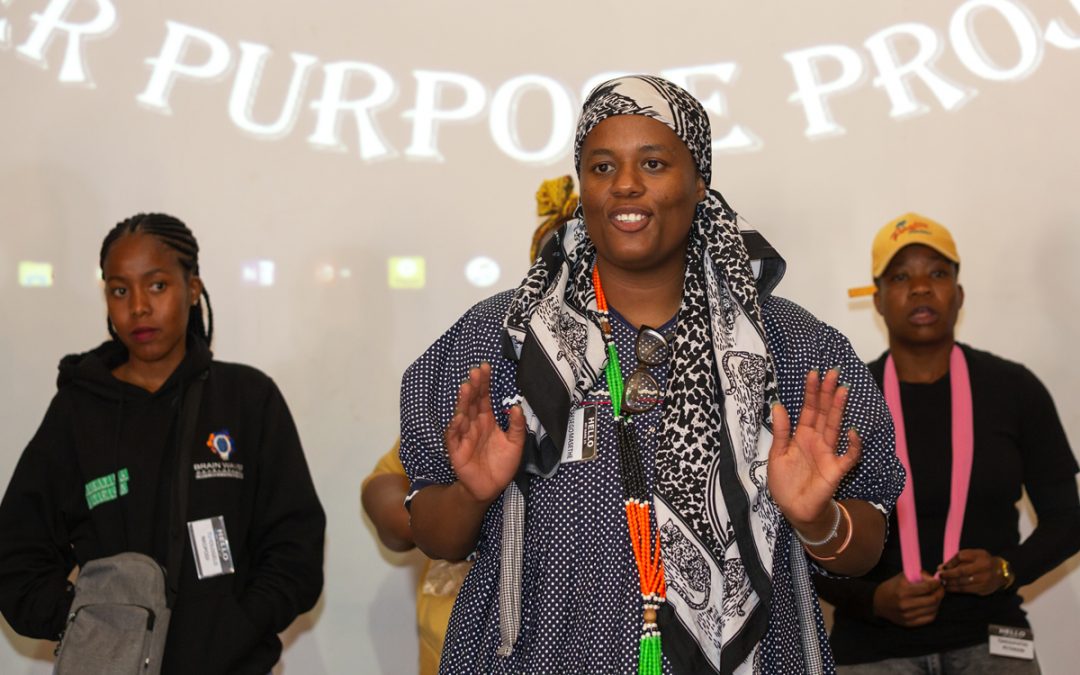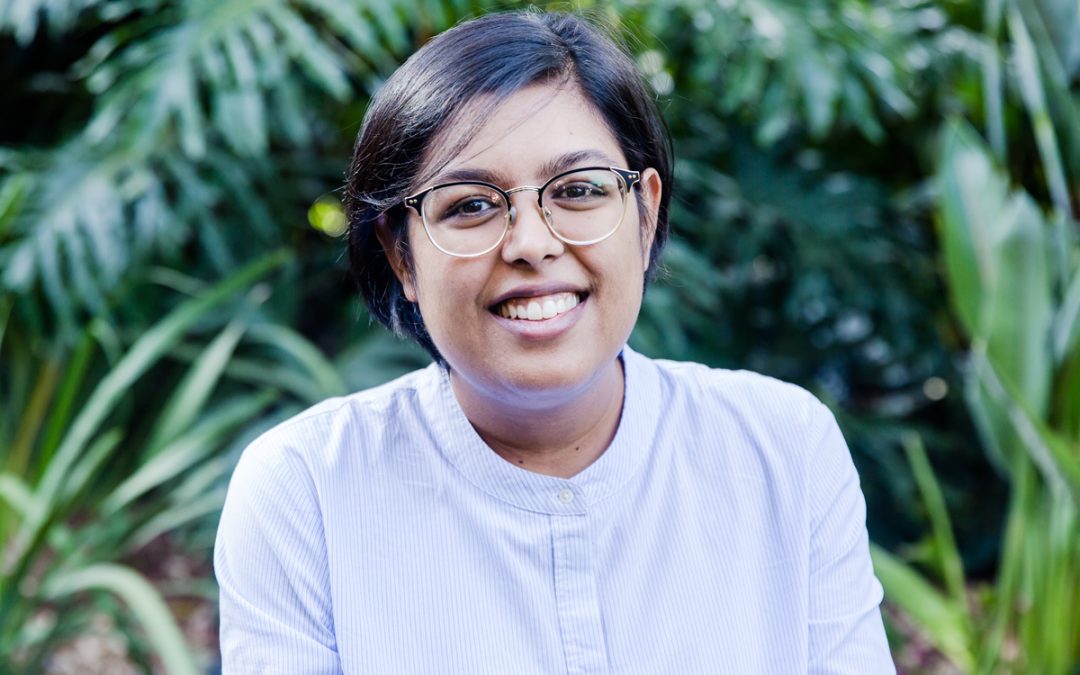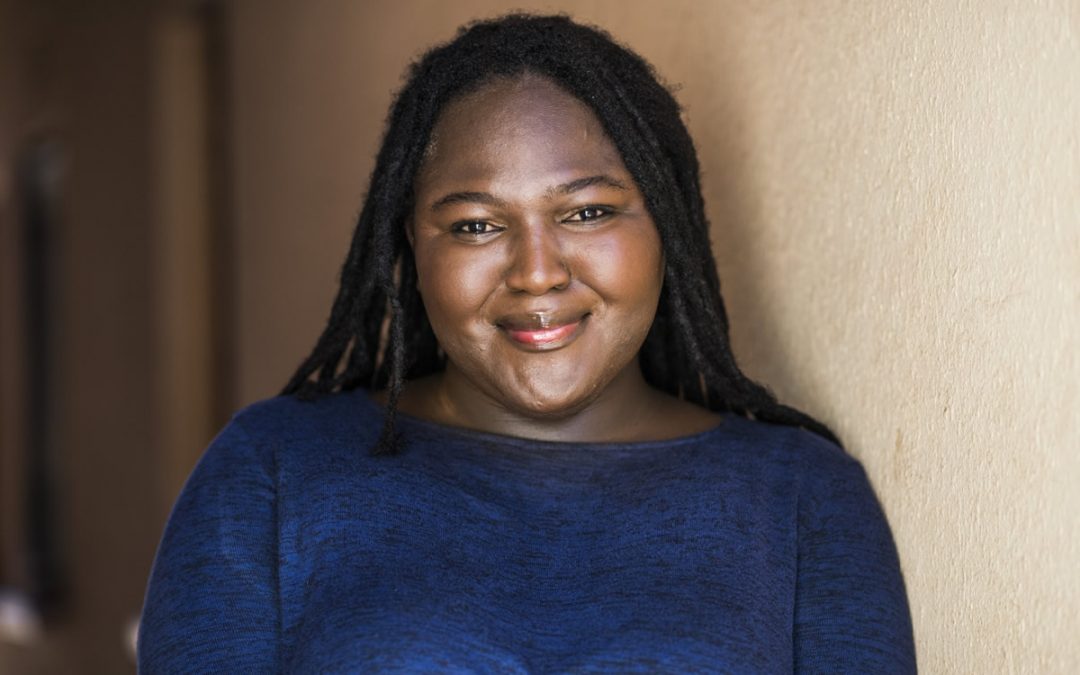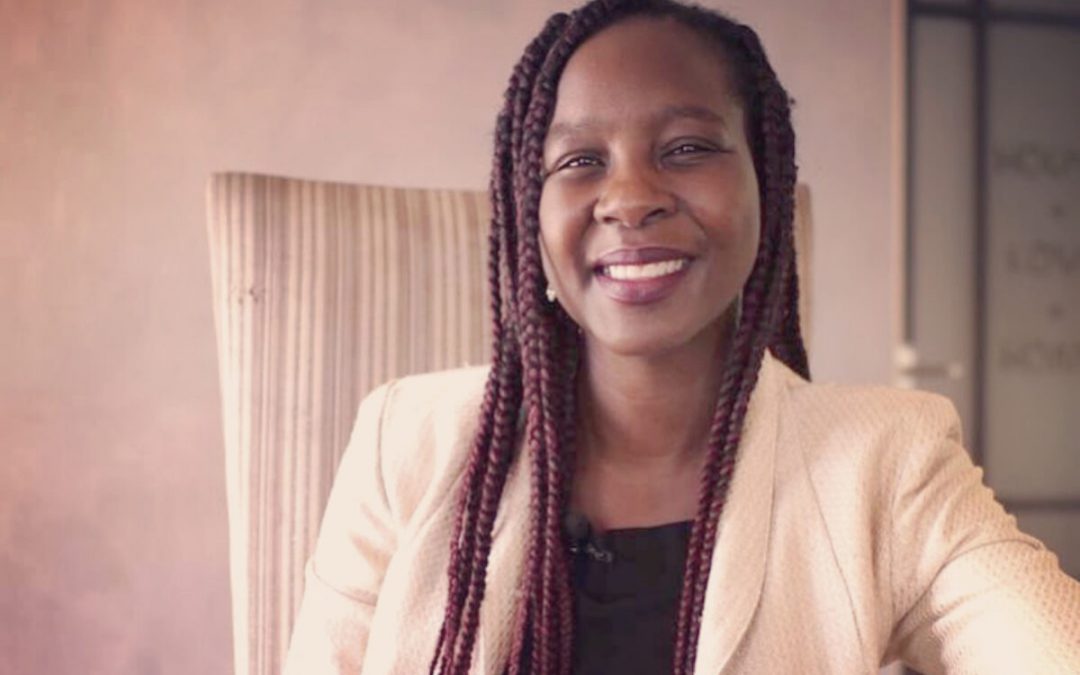This associate professor of surgery’s ongoing involvement with the People’s Health Movement of South Africa allows her to continue her impactful medical work while fighting for an egalitarian system.
Dr Lydia Cairncross is an associate professor of surgery at the University of Cape Town and the head of Groote Schuur Hospital’s Breast and Endocrine Surgery Unit, but it’s her health activism work that steals the headlines and that has formed the basis of her career development.
She is truly a product of her upbringing: born into a family of activists, Cairncross learnt from her parents’ example — they identified as activists first, professionals second. As a result, she approached her career in medicine with a similar mindset. It didn’t take long for her to begin using her training and experience for activism, becoming involved in the fight against HIV early in her career with the Treatment Action Campaign, after being deeply affected by the extent of the suffering patients endured before antiretrovirals became readily available. “As doctors, we could do so little to help. But here was this organisation of communities, patients and health workers, fighting for treatment and winning. It was inspiring,” she says.
As she developed as a doctor in the public health system, it became clear to her that, although there is plenty to improve to make processes more efficient and healthcare more affordable, there are factors beyond the hospitals that needed to be addressed. As Cairncross explains: “The true determinants of health are social, political and economic, such as whether our people have access to nutritious food, adequate shelter, income security, safe public transport, clean water, sanitation and environments free from violence and substance abuse.”
When she became aware of this, Cairncross joined the People’s Health Movement of South Africa (PHMSA), an international community of activists and health workers campaigning for the Right to Health for All. Her ongoing involvement with them allows her to continue her medical work with the knowledge that she and her activist colleagues are fighting for a system that is egalitarian.
Since Covid-19, Cairncross and the PHMSA have been running pandemic and health promotion workshops in Cape Town, translating the information she absorbs firsthand while treating patients at the hospital. The value of this experience isn’t lost on her: “Our national policy development needs this kind of insight,” she says.
Pressed to identify the proudest accomplishment in her life, she says her mind goes straight to her children. Her experience of raising them and the pride she felt in breastfeeding them until they became toddlers are now tied to her work at the hospital. Cairncross was the first woman to donate breast milk to the hospital’s neonatal nursery, which developed her lifelong passion for supporting women on their breastfeeding journey, focused particularly on the professional mothers who aren’t working from a home environment.
As for empowerment, Cairncross believes in using it positively. Although power can be gained from organisational hierarchy or historical privilege, it’s the power of impact and inspiration that has a positive effect on the world. In her words: “This second kind of power is demonstrated in everyday people engaged enthusiastically and authentically with what they are doing. It is a power that grows from aligning a deep sense of purpose, and often service, with the work that is being done.”
She’s surrounded by inspirational figures every day, whether it’s the activists she collaborates with or the nurses caring for the sick in these dire times, all working together for a common purpose. In this regard, Cairncross adds: “Power is both individual and collective and flows between and among us. Today, we will lift some individuals up so the light of their power may shine and inspire us all, but tomorrow it will be someone else’s turn.”


